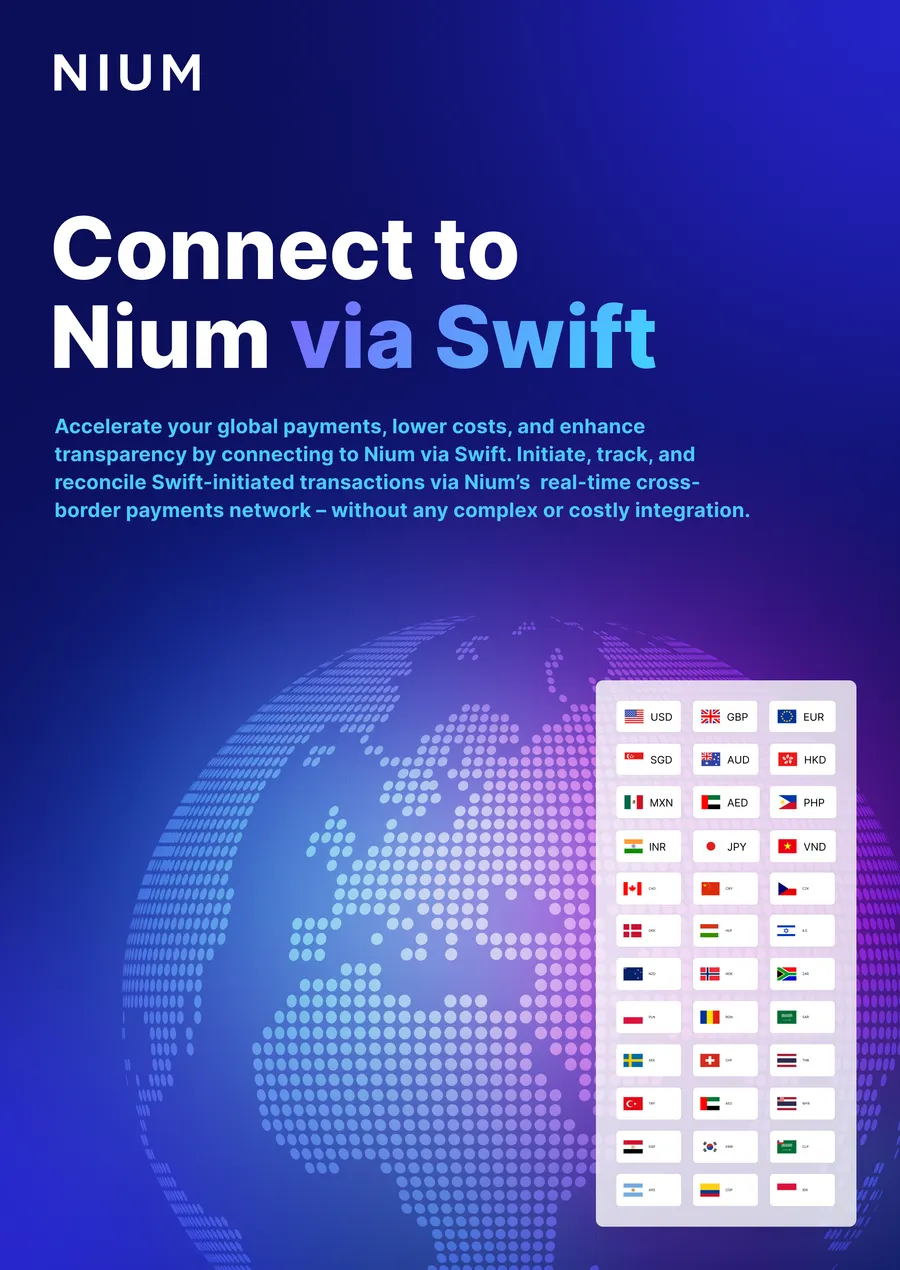Manuel Sandhofer, SVP & General Manager Europe, Nium
Football is known for its sizeable takeover deals, player investments and lucrative contracts. But away from the drama, the beautiful game is run like a business, and so far, the evidence suggests it is falling behind the payments curve.
Amid global economic uncertainty and a cost of living crisis, the value of the pound has fluctuated against other leading global currencies, like the US Dollar and the Euro. And as seen in the past, in a bid to offset potentially volatile exchange rates, European football players are seeking to secure their high-value salaries by opting to be paid through international currencies instead.
But with such diverse talent in the Premier League and beyond, requests to be paid in different currencies can – and has – left clubs using legacy cross-border payment systems on the back foot.
Football clubs are just one example of a global business operating in a competitive industry. In today’s economic landscape, these businesses must be able to meet the demands of their global workforce and suppliers or they will be left on the sidelines with devastating consequences.
In the spotlight: Wigan Athletic
Wigan Athletic provides the perfect example of the dangers of missing mission-critical payments. Over the last few years, Wigan has consistently failed to pay player’s wages on time. Point deductions, relegation, a narrow escape from administration, and reputational damage were soon to follow. Just as the game relies on precision, coordination and timeliness, payments must work in the same way to avoid costly repercussions.
Understanding where issues can arise
So, what action can be taken to overcome these shortcomings? It’s all about removing uncertainty from payments – and with global businesses, like football clubs, this starts with addressing the hidden variables within currency exchange.
No matter how small, foreign exchange (FX) volatility can have a serious impact on bottom-line revenue. Just as a football player’s transfer price could soar overnight, a change in conditions could see the value of the pound drop dramatically and businesses suddenly finding global payment and supplier obligations difficult to meet.
Thankfully, while currency fluctuations can be unpredictable, global real-time payments infrastructure is built to mitigate this risk. With end-to-end FX control, when paying employees, suppliers, or contractors businesses can convert multiple currencies in bulk and lock in the exchange rate ahead of time to manage risk and remove hidden costs.
Another way to eliminate uncertainty from the equation is speed. International business payments via wire transfers or legacy systems take on average 3.5 days to settle, exasperating issues around FX fee transparency and cash flow.
Instead, businesses can schedule payments to their workforce or suppliers on a certain date and settle the payment within minutes, not days. Paying out in local currencies also improves speed, which is particularly crucial for mission-critical payments like payroll.
On top of this, there are complex regulations to be followed. Each country has its own unique set of payment laws, tax regulations, and banking ecosystems to navigate – any errors made here can lead to substantial penalties.
The right payments infrastructure removes ambiguity from the equation. Global corporates and payroll platforms enabled by real-time payments benefit from faster, cheaper, and more transparent transactions. When exchange rates are locked in, hidden fees are eliminated, and regulatory requirements taken care of, the ‘right time’ to execute payments is all the time.
As important for football clubs as other global businesses
Beyond football, the ability to hire and make payments across borders is rapidly becoming a competitive play for businesses. The ability to tap into international talent pools and expand into new markets is crucial to maintaining business operations and creating a strong footprint for future expansion. But getting money to every employee or supplier in their local currency and delivered to their preferred account, wallet, or card on-time across multiple geographies is no easy task.
Global businesses and payroll platforms enabled by real-time payments infrastructure are putting themselves one step ahead of the competition. It drives efficiency, reduces costs, and manages complexity. As with any organisation, formation is key and finding ways to structure international payroll will be essential to success, both on and off the pitch.
Discover how Nium can help you meet the demands of a global workforce and unlock growth here.
This article was originally published in The Fintech Times on August 24, 2023.






.png@webp)



.png@webp)



